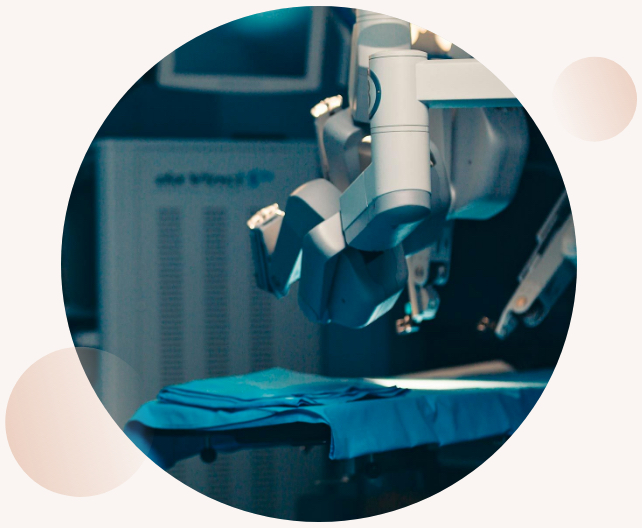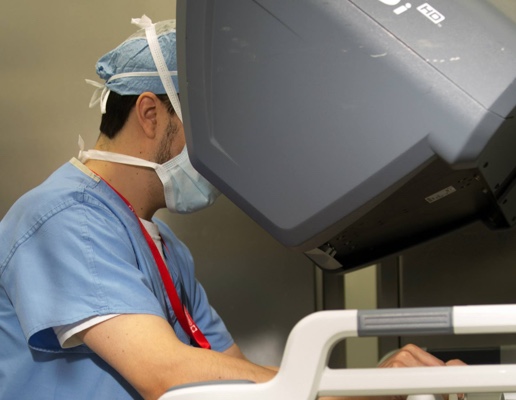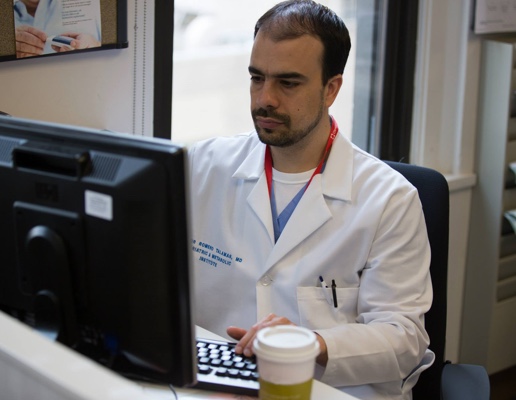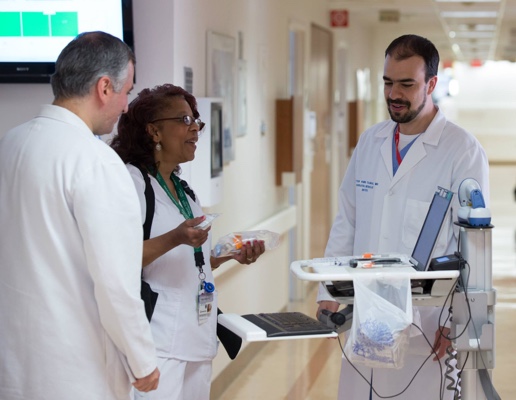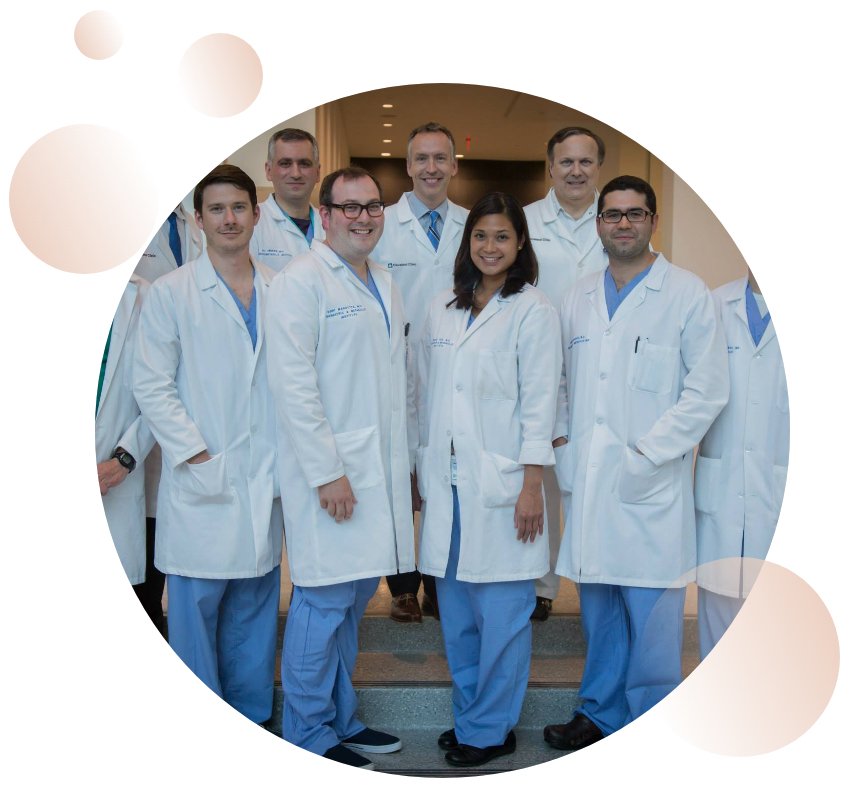What are the most common endocrine diseases?
1- Thyroid nodule
A thyroid nodule is an abnormal growth within the thyroid gland. They are relatively common, being present in about 5% of the people. Nodules are usually found because they are perceptible to simple sight, are palpable, or appear on imaging studies. The presence of a nodule does not always mean that the gland is not working properly.
The importance of studying a thyroid nodule lies in the risk that each one, due to its individual characteristics, has or does not have a risk of being malignant. Most of nodules are benign in nature and do not require further treatment or intervention. However, it is important to differentiate them from those who do not, since timely intervention and treatment are key to reach a cure for the patient.
2- Thyroid cancer
Thyroid cancer is a highly prevalent disease in our environment. It`s the cancer that has registered the highest growth in terms of the number of cases over the last 3 decades, even above other pathologies to which more attention is usually paid such as breast cancer, cervical cancer, among others.
The most common form of thyroid cancer is papillary carcinoma, which is present in 80% of the cases. Being diagnosed with papillary thyroid carcinoma can be distressing at first, however, most of them exhibit slow growth and in most cases it can be completely removed. This disease can occasionally spread to the lymph nodes of the neck and this, despite the fact that it speaks of a more advanced disease, rarely substantially worsens the final prognosis, which is frequently excellent.
3- Multinodular goiter
Multinodular goiter is an abnormal and disorganized growth of the thyroid gland. There are two forms of this disease. 1) One that has an exacerbated function of the gland in which large amounts of thyroid hormone are produced (toxic goiter) and 2) one that does not produce an excess of hormone (non-toxic goiter). When the multinodular goiter reaches a certain size, it can cause compression symptoms (difficulty swallowing or breathing) or it can become very obvious and not very cosmetic. In these circumstances, surgical removal of the gland may be considered to correct this scenario.
4- Hyperthyroidism
Hyperthyroidism is a disease characterized by an exaggerated production of thyroid hormone by the thyroid gland. There are several types of hyperthyroidism, including Graves' disease, toxic multinodular goiter, toxic adenoma, among others. Most of the time, these diseases are treated with medications or administration of radioactive iodine, however, under certain conditions it is advisable to solve these problems surgically.

